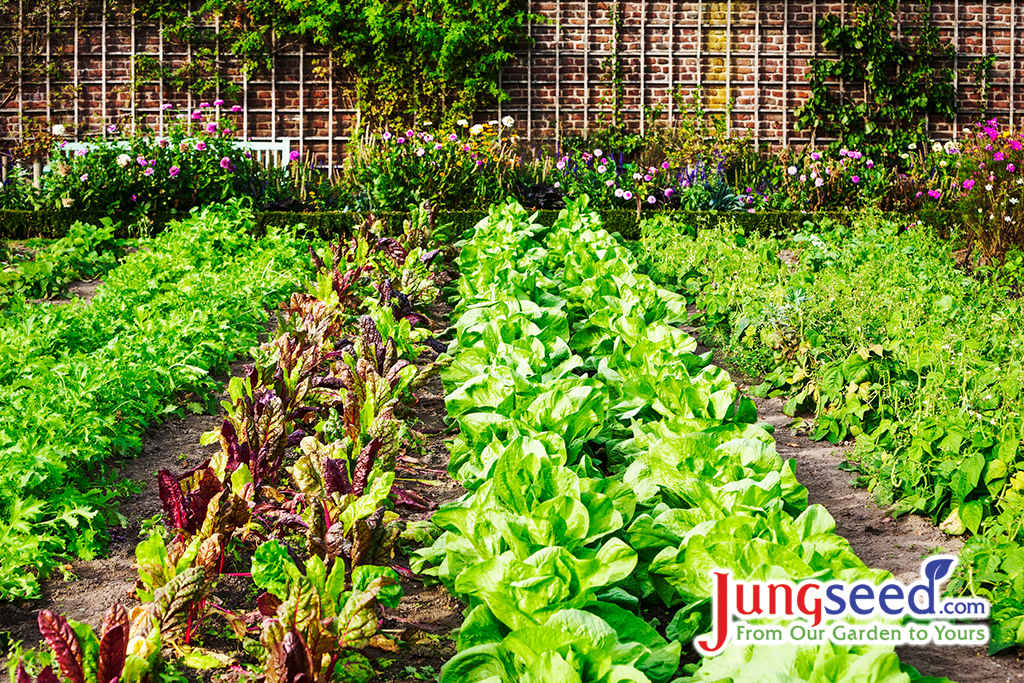
Healthy soil results in healthy plants. Plants growing in a healthy soil ecosystem have easy access to air, water, and nutrients and are less prone to disease and pest issues. With our helpful information below, a little work, and patience, you can achieve healthy soil, no matter what type of soil you are starting with.
Tip #1 Organic Matter
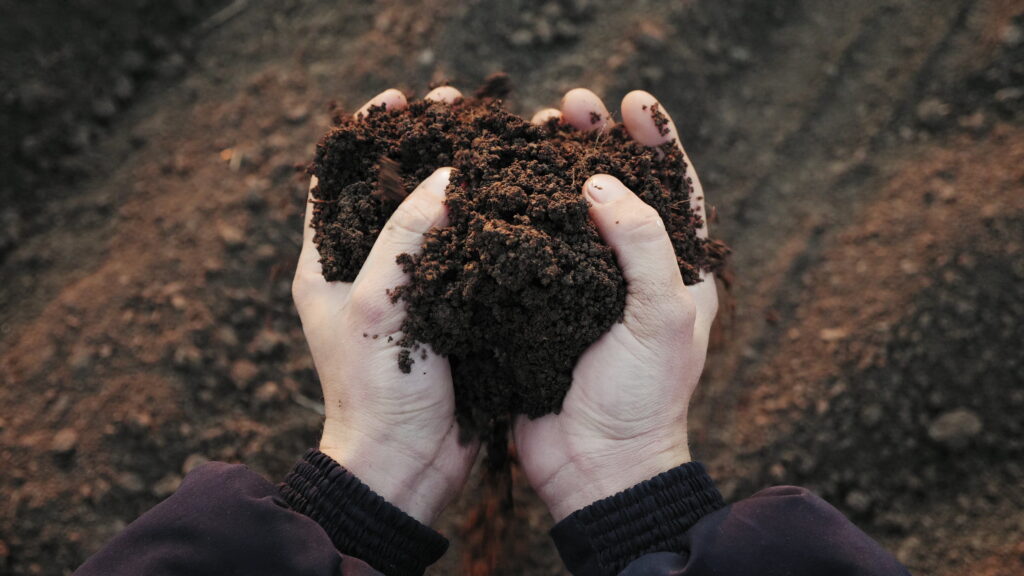
The best way to improve any soil, whether a heavy clay soil or a well-drained sandy soil is to amend it with organic matter.
What is Soil Organic Matter?
Soil organic matter is the organic matter of the soil. It is made from plant and animal waste and products. The best way to improve any soil, whether a heavy clay soil or a well-drained sandy soil is to amend it with organic matter. Adding peat moss, compost, or rotted manure adds organic matter to the soil.
Benefits of Organic Matter
Boosting soil organic matter improves both water holding capacity and the soil’s ability to drain well. This is because the texture of the organic matter added to the soil helps to create both small and large pores. Large pores allow excess water to drain, while small pores help the soil to hold water.
Tip #2 Organic Mulch
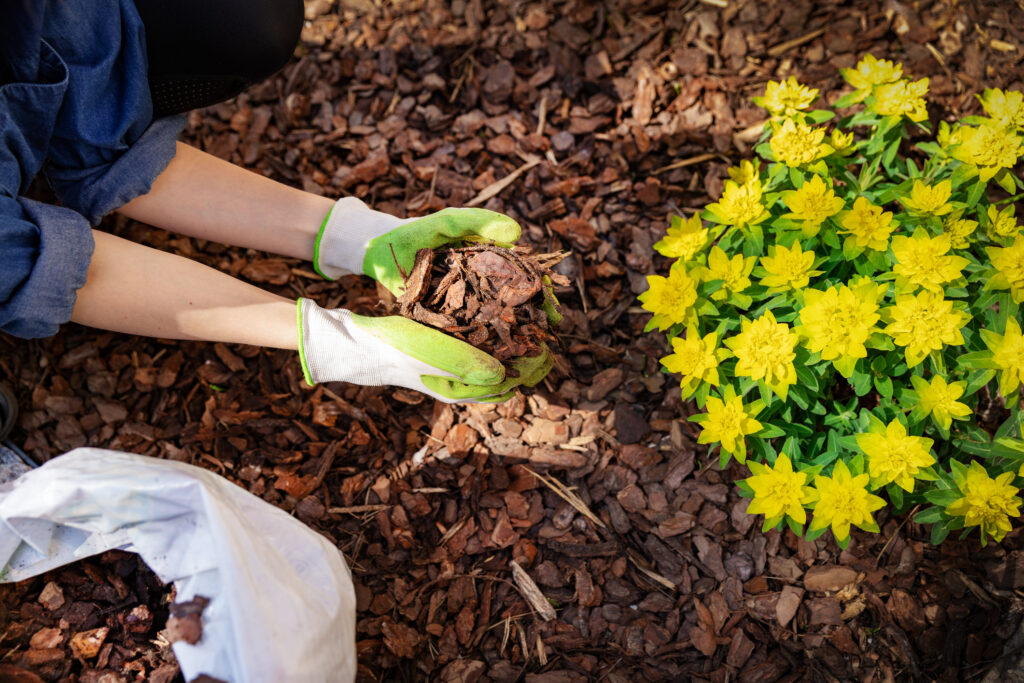
Mulching, over the top of plant roots, with 2 to 4 inches of organic matter helps to keep the soil moist, reduces weed growth, and encourages the activity of earthworms. Earthworms break down organic matter, enrich the soil, and their tunnels create large pores that help ensure that water can drain well through the soil.
What Can I Use For Organic Mulch?
Good organic mulches include clean straw, wood shreds or chips, composted chopped leaves, and corn stover. Hay is usually not a good choice for mulch, as it often contains numerous weed seeds. Unchopped leaves may become compacted when they are wet and reduce water infiltration into the soil.
Putting leaves in a pile and allowing them to break down over a season will produce partially decomposed “leaf mold” which makes excellent mulch. Shredded wood or chips on top of the soil hold moisture but also allow good air space for needed oxygen to the plant roots. Sawdust mulch can be useful in certain situations, but especially fine-textured sawdusts may make nitrogen less available to plants because microbes in the soil require valuable nitrogen to break down the wood particles. Adding extra nitrogen fertilizer will ensure that plants receive enough nitrogen in such situations.
Tip #3 Wet Soil
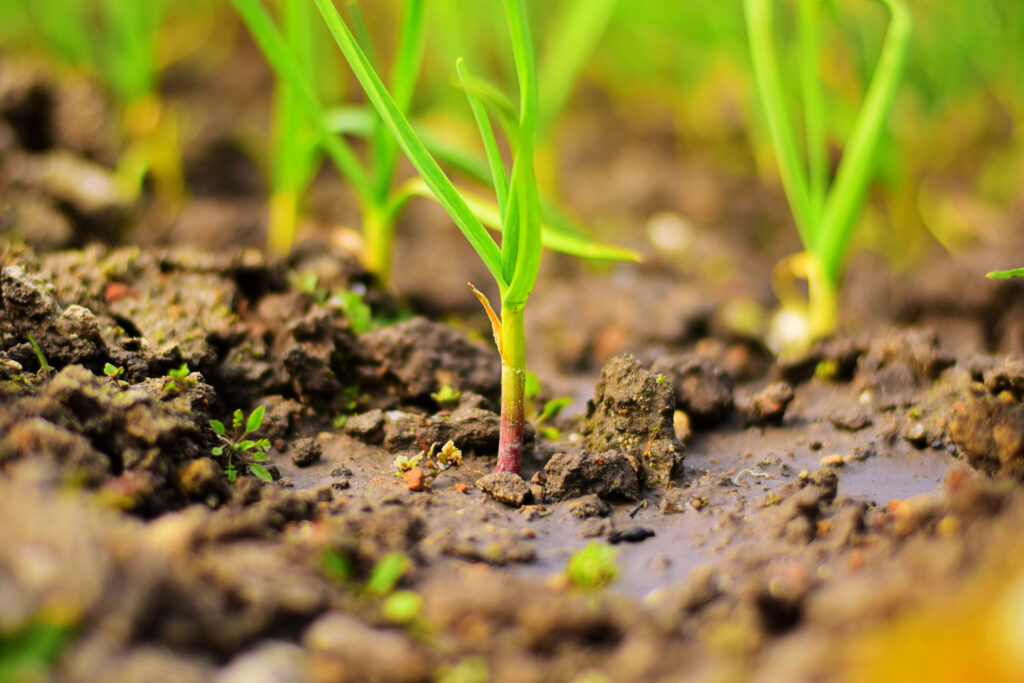
Do not work the soil when it is overly wet. Tilling or digging in wet soil can destroy its texture and cause soil compaction. Compacted soil drains poorly, resulting in low oxygen levels. This reduces root growth and stresses plants. This stress makes plants more susceptible to diseases like root rots.
Tip #4 Soil Testing
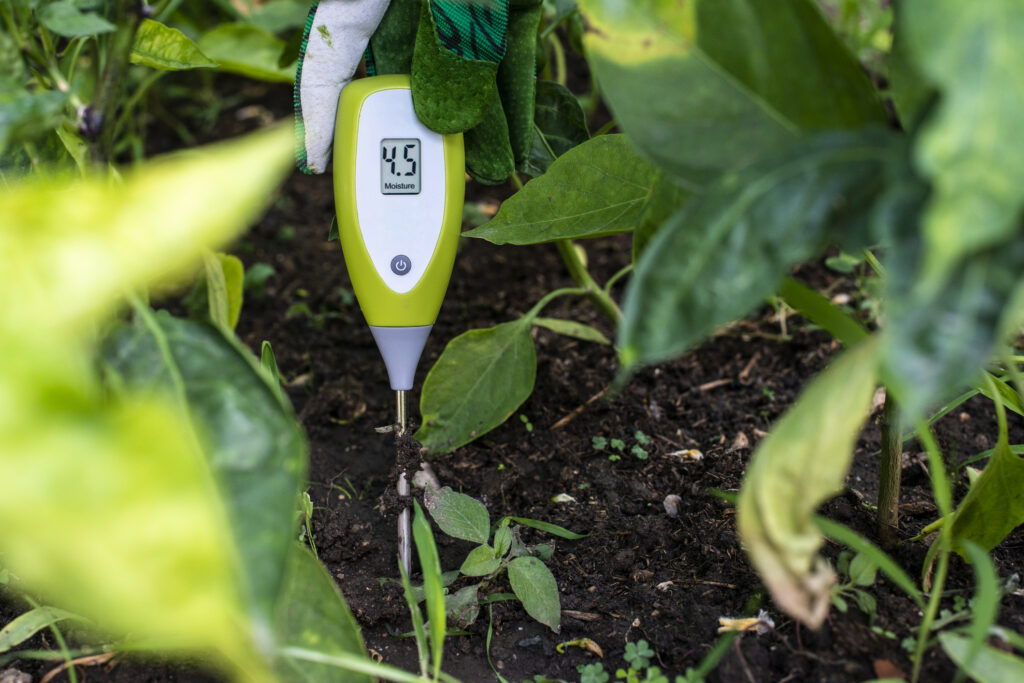
We recommend having a professional soil test done before doing any extensive planting, especially for long-lived perennial plants like fruit trees, asparagus, or large landscape installations. A local cooperative extension service office can provide information on how to get your soil tested.
What is the Purpose of a Soil Test?
A soil test will indicate the soil pH (acidity or alkalinity), nutrient content, and can also indicate the soil’s composition in terms of percent organic matter and proportion of sand, silt, and clay. The soil test will provide information on how to best amend the soil and thereby ensure that the proper conditions for the plants being grown are provided. It can also provide guidelines for choosing plants adapted to the available site conditions, reducing the need to extensively amend the soil. Generally, soil tests are recommended to be performed once every 3 to 5 years, on average.
Poor or bad soil is the biggest obstacle to raising healthy and happy plants. It is such a simple fact that all plants require quality soil for optimum results. If you desire the best plants you’ve ever had, start by improving your soil. The three pillars of quality soil are composition, pH, and fertility. If anyone of these is incorrect or inadequate for the plants you are growing, those plants will grow poorly or not at all. Start by having a soil test done, then you will have the insight on what to do next, to improve your garden soil.
Other Recommended Reading

- 8 Useful Tools For Your Garden
- A Gardener’s Guide To Plant Nutrition
- Understanding Plant Diseases
- 4 Simple Steps For Fall Garden Tool Clean Up
- Summer Herbs Garden Guide
At Jung Seed Co, we strive to be your go-to guide for all your gardening needs. Our YouTube channel Jung Garden Center now includes our new video series All Things Green where our experts provide gardening tips for all levels of gardeners. When you need reliable gardening advice, turn to the trusted experts at Jung.
View our new catalog online or browse our website for your gardening favorites. To receive info on new products, exclusive deals, and specials, be sure to sign up for our weekly email. Join our Facebook page, to discuss all things gardening!